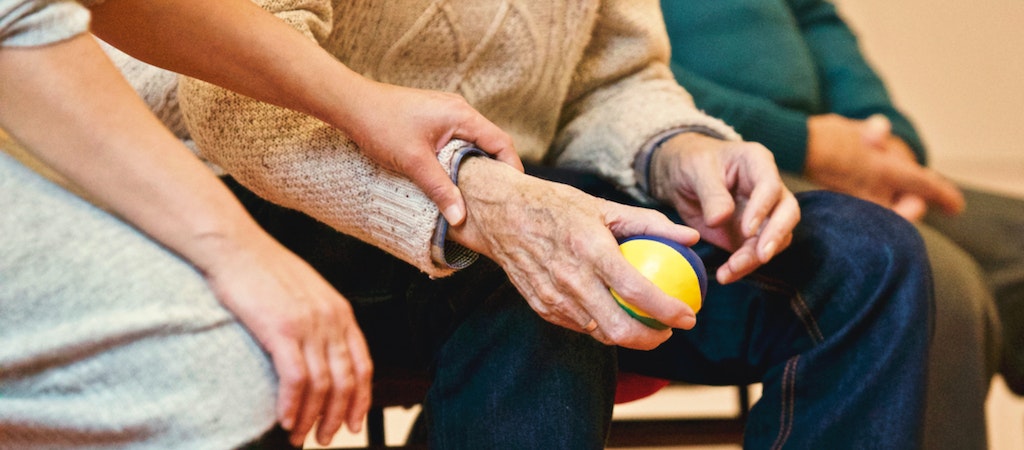
6 Things To Be Aware Of When Going To A Nursing Home
Entering a nursing home can be a significant life transition, whether it’s for yourself or a loved one. While these facilities are designed to provide care and support, there are crucial considerations to keep in mind to ensure a smooth and safe experience. From understanding the level of care to financial planning, navigating the world of nursing homes requires careful thought and preparation. In this blog post, we’ll explore six essential things you should be aware of when going to a nursing home. Whether you’re just beginning your research or already in the process, these insights will help you make informed decisions and ensure the best possible experience for all involved. Let’s get started.
Choose the Right Nursing Home
Selecting the right nursing home is a pivotal decision that demands thorough research and consideration. Begin by creating a list of potential facilities based on location, reputation, and the specific needs of the resident. Plan visits to these facilities to assess cleanliness, safety, and overall atmosphere, ensuring the facility can accommodate specific needs like hospital furniture and equipment through comprehensive inspections. During these visits, ask questions about staff qualifications, care plans, and resident activities.
Don’t forget to inquire about licensing and accreditation. Reviewing inspection reports can offer insight into the facility’s compliance with regulations. This meticulous process ensures that the chosen nursing home aligns with the resident’s needs, preferences, and quality care standards, fostering a positive and comfortable living environment. There are many challenges to healthcare. Make sure you find a nursing home that has adequate staff, as there are many staffing issues in healthcare.
Residents’ Rights and Advocacy
Residents have a set of fundamental rights that must be upheld. These rights encompass everything from privacy and dignity to access to proper medical care. Families and residents should be aware of these rights and ensure they are respected.
Additionally, effective advocacy is essential in safeguarding these rights. This involves being informed, vigilant, and ready to address any concerns or grievances. For instance, as highlighted by the team behind Curcio Law Offices, nursing home neglect, including falls and inadequate staff-to-resident ratios, can be serious violations of these fundamental rights.
To combat such neglect and ensure the well-being of loved ones in nursing homes, families can seek legal assistance and pursue legal action when necessary. Empowering residents to exercise their rights promotes a higher quality of life and care within the nursing home setting.
Financial Considerations
Navigating the financial aspects of nursing home care requires careful planning and a clear understanding of costs. Start by researching the rates of potential facilities and determining the services covered by those fees.
Long-term care insurance and Medicaid may provide financial support, but eligibility and coverage vary, so it’s essential to explore these options early.
Financial planning should also account for potential changes in the resident’s financial situation, ensuring they can continue to afford quality care. Seeking advice from financial experts or eldercare professionals can help families make informed decisions about the best approach to financing nursing home care while preserving the resident’s financial well-being.
Quality of Care
The quality of care within a nursing home is paramount for residents’ well-being. Start by examining staff-to-resident ratios to ensure personalized attention. Scrutinize staff qualifications, including certifications and training, as they directly impact the level of care provided. Investigate past inspection reports to gauge the facility’s compliance with healthcare regulations.
Quality of care goes beyond medical attention; it also involves the emotional and social aspects of life. Families should assess the availability of recreational activities and social engagement programs to maintain a fulfilling lifestyle. Choosing a nursing home committed to high standards of care is essential for residents’ physical and emotional health.
Transition and Adjustment
Moving to a nursing home can be emotionally challenging for both residents and their families. Preparing for this transition is crucial. Emotionally, families should engage in open and supportive discussions, addressing fears and concerns. Physically, assist in the transition by packing personal items and creating a comfortable living space.
Once settled, maintaining regular communication and visits helps residents adjust positively. Family involvement is a key aspect of the adjustment process. Staying actively engaged in their loved one’s life within the nursing home can ease the transition and ensure the resident feels supported and connected to their family, promoting overall well-being and contentment.
Health and Safety
Prioritizing health and safety in a nursing home is essential for residents’ well-being. Families should thoroughly assess the facility’s commitment to maintaining a safe and hygienic environment. This includes scrutinizing infection control practices, food preparation, and emergency response procedures. Understanding how medication management is handled ensures residents receive the correct medications as prescribed.
Staying informed about healthcare decisions, such as treatment plans and end-of-life care preferences, is vital. Families and residents should work together with facility staff to create a comprehensive plan that addresses health and safety concerns, fostering an environment where residents can thrive with confidence in their physical and emotional security.
Selecting a nursing home for a loved one is a significant decision, and being well-informed about these crucial aspects is paramount. From choosing the right facility to considering financial implications, ensuring quality care, advocating for residents’ rights, assisting in the adjustment process, and prioritizing health and safety, each element plays a pivotal role in providing the best possible environment for residents. By carefully navigating these considerations, families can contribute to their loved one’s comfort, security, and overall well-being during their stay in a nursing home.
Daily Newsletter
Subscribe to Jebiga for a dose of the best in gear, design, rides, tech and adventure.






